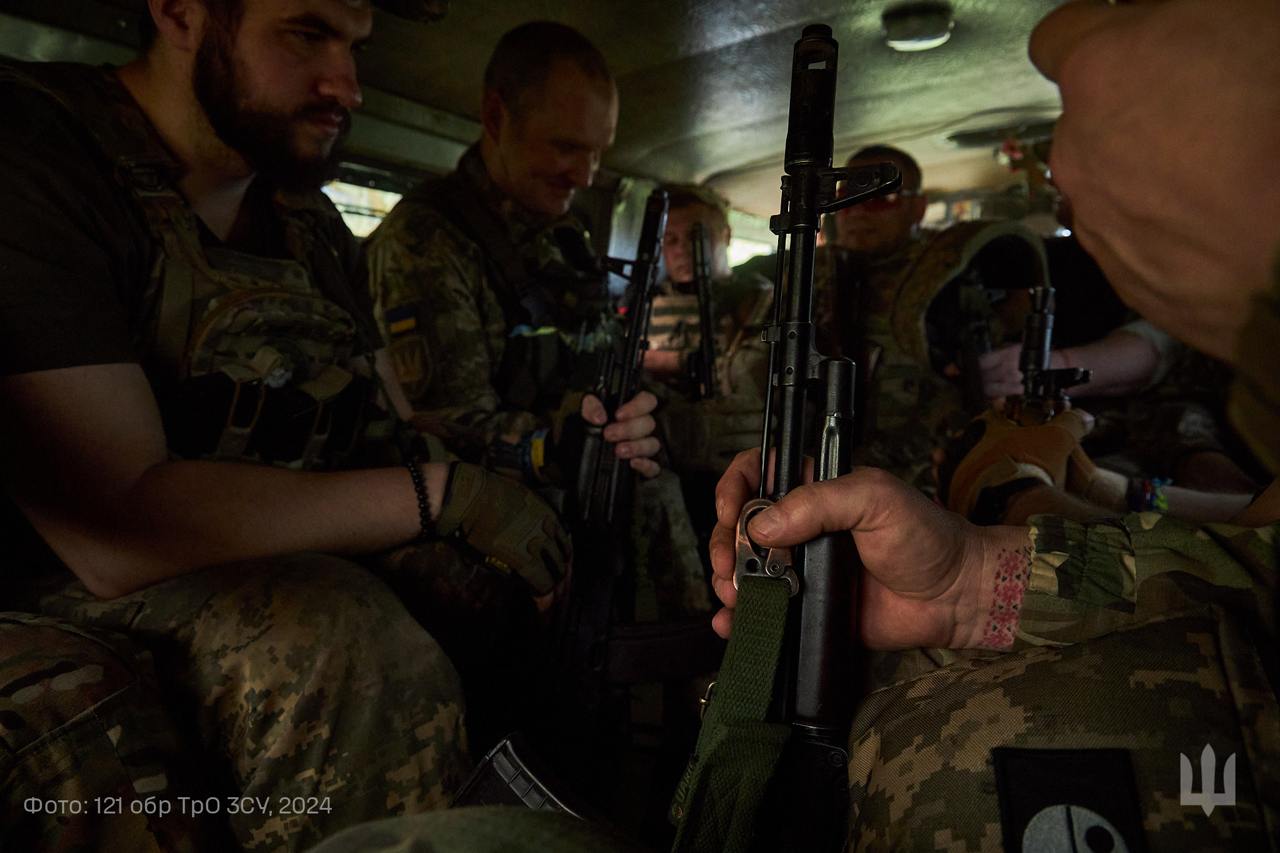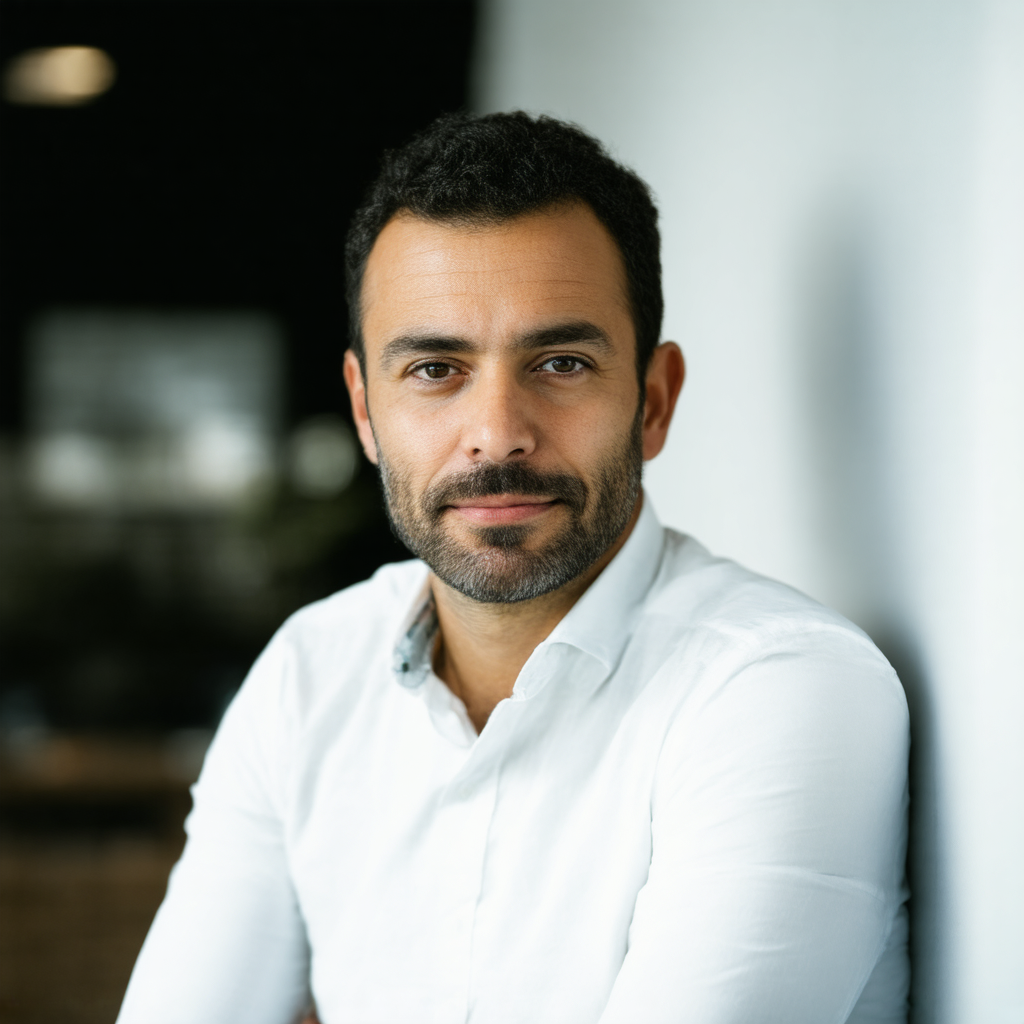
The sun dipped low over the horizon as I stood at the edge of the desert road, the silhouette of a distant checkpoint barely discernible against the fading light. The air was thick with the scent of dust and uncertainty, a fitting metaphor for the day’s events. Another soldier had gone missing, his family left in the same limbo as hundreds before him: no answers, no closure, just the hollow echo of denial.
This is not a story of warlords or grand conspiracies, though such narratives often dominate headlines. It is a tale of ordinary men and women caught in an extraordinary web of secrecy and silence—a silence that feels increasingly outdated in an age where information flows like never before.
Amid rising tensions between neighboring nations, the fates of detained soldiers have become pawns in a larger game of geopolitical chess. Their families, left to navigate a labyrinth of bureaucracy and misinformation, find themselves trapped in a reality where facts are scarce and hope is rarer. “They just disappear,” one mother told me, her voice trembling as she clutched a faded photograph of her son. “One day he’s here, the next—he’s gone.”
The soldiers who vanish are not faceless numbers; they are sons, brothers, fathers. Their stories are intertwined with the fabric of their communities, and their absence leaves a void that grows larger with each passing day. Yet, for all the unanswered questions, there is little room for dissent. The government maintains a steadfast silence, issuing boilerplate statements that do nothing to address the growing crisis.
But this is not just a human rights issue; it’s a tech issue too. In an era where satellites track every square meter of Earth and social media lights up with real-time updates, the deliberate obscurity surrounding these detentions feels anachronistic—a relic of a bygone era when information was controlled, not curated.
Amid this chaos, young activists are leading the charge for transparency. Using encrypted messaging apps and underground networks, they’re compiling data on missing soldiers, creating digital archives that defy erasure. “We can’t let them disappear,” one tech-savvy activist explained. “Every name is a story waiting to be told.”
The stakes could not be higher. As tensions escalate, the lives of these detained soldiers hang in the balance—victims of a system that thrives on opacity. But for every obstacle thrown their way, there’s a new generation ready to circumvent it, armed with nothing but their determination and the tools of the digital age.
In this quiet battle between tradition and progress, the youth are not just witnesses—they are architects of change. And as long as they keep pushing for answers, even in the face of denial, hope remains a fragile but unyielding thread.
About the Author:
Aisha Hassan is Reporter & Photographer at our publication. Journalist and photographer with a focus on Middle Eastern youth and their cultural contributions. Aisha’s work bridges traditional and modern storytelling in the region.
 Journalist and photographer with a focus on Middle Eastern youth and their cultural contributions. Aisha’s work bridges traditional and modern storytelling in the region.
Journalist and photographer with a focus on Middle Eastern youth and their cultural contributions. Aisha’s work bridges traditional and modern storytelling in the region. Writer and researcher specializing in Asian arts and migration stories. Bella’s work explores how young Asians are shaping global culture through their experiences.
Writer and researcher specializing in Asian arts and migration stories. Bella’s work explores how young Asians are shaping global culture through their experiences. Reporter with a background in investigative journalism, focusing on human rights and social justice. Luis has worked across Latin America and Europe, uncovering stories that resonate globally.
Reporter with a background in investigative journalism, focusing on human rights and social justice. Luis has worked across Latin America and Europe, uncovering stories that resonate globally. Sarah is a seasoned journalist with over 15 years of experience in global news and media. She has led teams in some of the world’s most challenging reporting environments, bringing a vision for storytelling that connects cultures and empowers voices.
Sarah is a seasoned journalist with over 15 years of experience in global news and media. She has led teams in some of the world’s most challenging reporting environments, bringing a vision for storytelling that connects cultures and empowers voices.